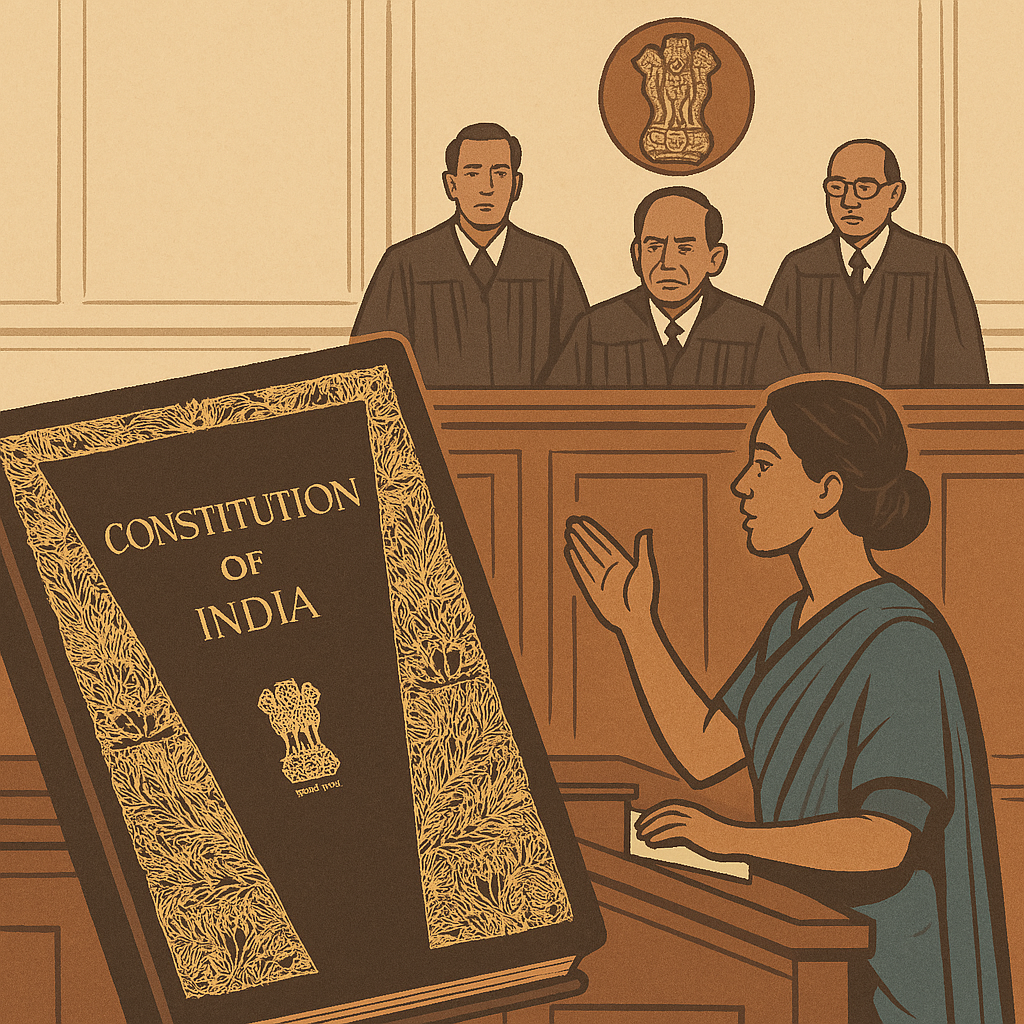⚖️ Landmark Case: Union of India v. Association for Democratic Reforms (2002)
📝 Summary:
This case reinforced transparency in democracy by mandating that election candidates disclose their criminal records, assets, and liabilities, as part of the right to information.
📚 Background
The Association for Democratic Reforms (ADR), an NGO working for electoral reform, filed a PIL demanding that voters should know about the background of candidates contesting elections.
At the time, there was no mandatory disclosure of criminal cases, assets, or education.
🧑⚖️ Supreme Court Verdict
The Court ruled decisively in favor of transparency.
-
Right to know = Fundamental Right
The right to information about public figures is part of freedom of speech and expression (Article 19(1)(a)). -
Mandatory disclosures before elections
Candidates must file affidavits disclosing:-
Criminal antecedents (convictions & pending cases)
-
Assets and liabilities
-
Educational qualifications
-
-
Public has a right to make informed choices
Voters cannot be kept in the dark—democracy depends on awareness.
🧠 Significance
-
Pioneered electoral transparency in India.
-
Boosted efforts to clean up politics.
-
Supported later reforms like NOTA and political funding disclosures.

